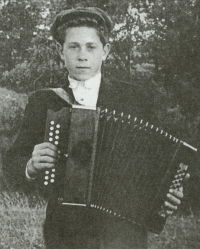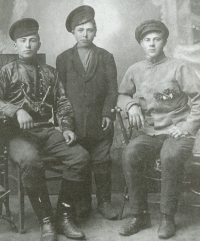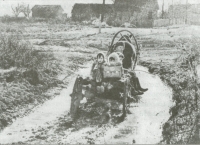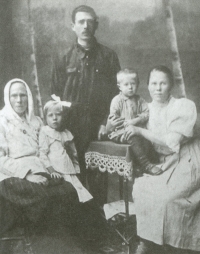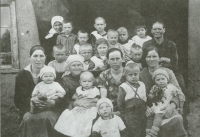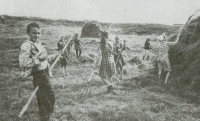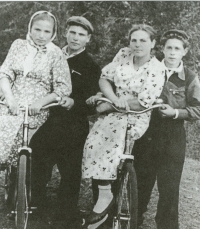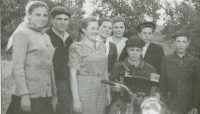I am Czech, but the Volga region is my homeland, I was born here and I will die here

Stáhnout obrázek
Ludvík Jersák was born on 24 November 1936 in the village of Štěpánovka in the Samara region of the Soviet Union. His parents were Czechs who came to a new Czech village in the Volga region at the beginning of the century. In 1930 they had to put their land and cattle into the local collective farm. His father, Josef, was taken away by the NKVD secret police in 1937 and held in Syzran prison for 11 months. He returned from there with a permanent disability. After his military service, Ludvík Jersák went to work in a factory and settled in the nearby town of Čapajevsk, which was famous for its arms production and was therefore also a heavily ecologically burdened area. Ludvík Jersák had to hide his Czech origins until the collapse of the USSR, after which he fulfilled his lifelong dream and went to see his ancestral homeland.
